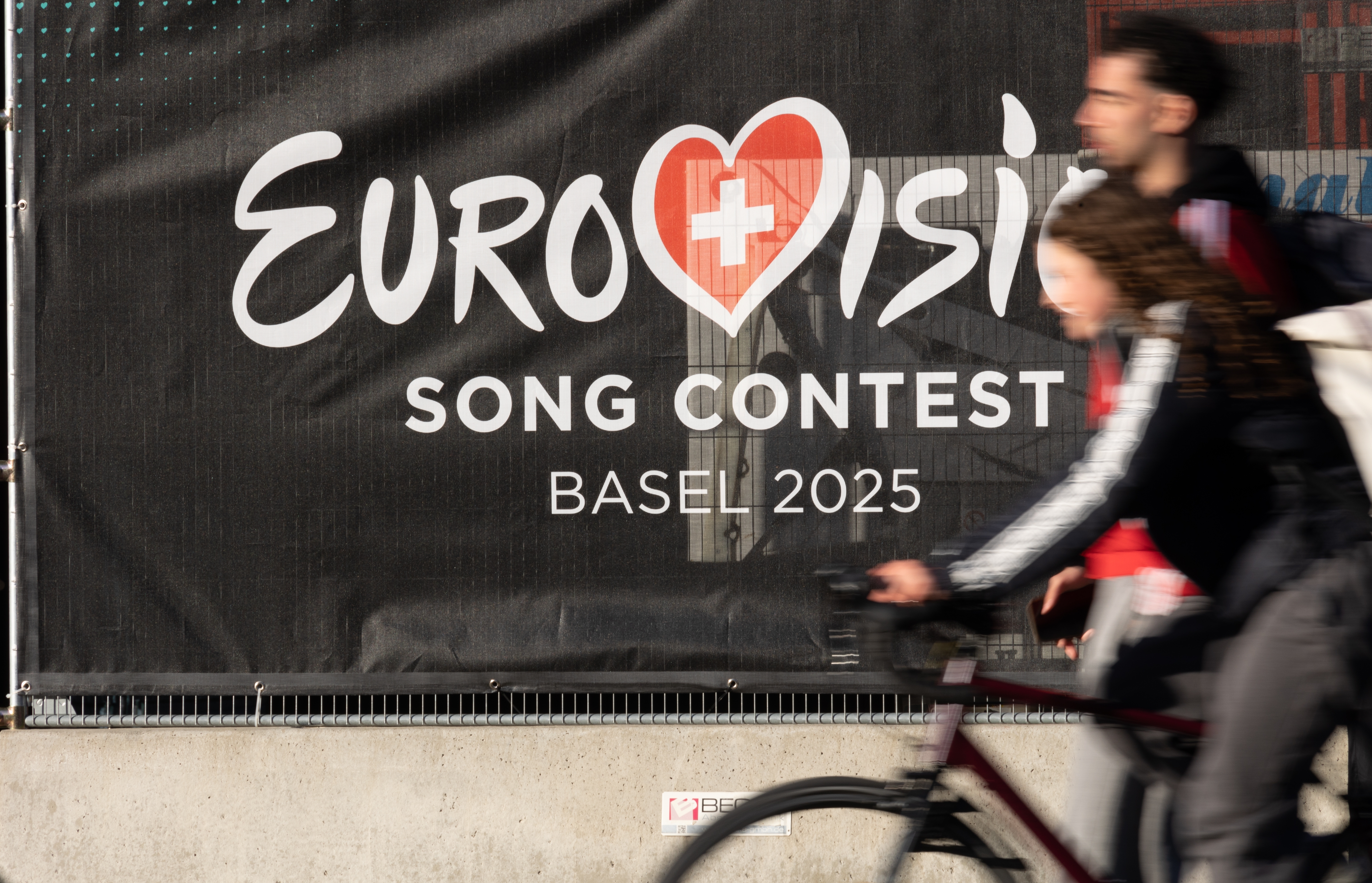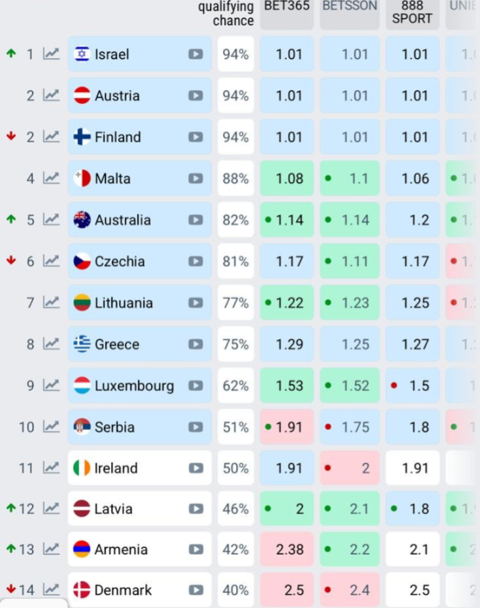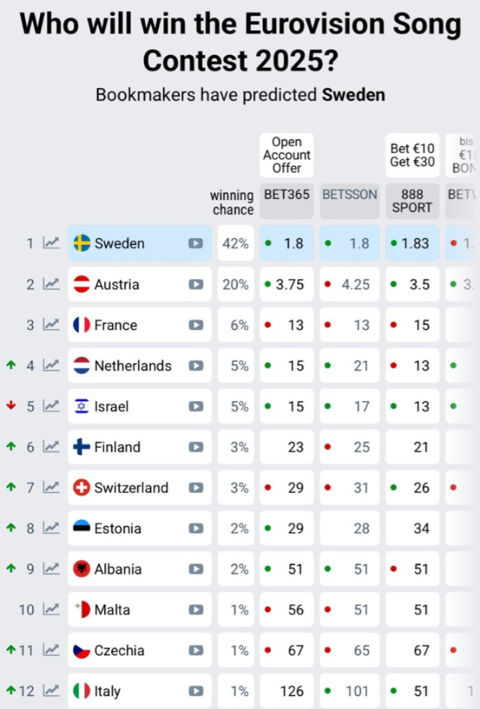Sweden Shines in Eurovision 2025 (and Celine Dion sends a special message)
Eurovision lit up Basel with music, protest, and a surprise from Celine Dion: Sweden soared as politics shadowed the spectacle.

In Basel’s glittering arena, where flags of nations fluttered under a sea of lights, the Eurovision Song Contest of 2025 launched its first semi-final yesterday (Tuesday), a spectacle of music, ambition, and not-so-subtle discord.
Switzerland, the birthplace of this cultural juggernaut, hosted 15 countries vying for 10 spots in Saturday’s grand final, with Sweden emerging as the frontrunner and a Belgian protest against Israel casting a shadow. As reported by Israel’s Reshet 13, the night blended dazzling performances with the geopolitical tensions that have long defined Eurovision’s stage.
The qualifiers were Norway, Albania, Sweden, Iceland, Netherlands, Poland, San Marino, Estonia, Portugal, and Ukraine. They earned their place through public votes alone, a shift from past years’ reliance on national juries.

Sweden’s KAJ shone with a joyous, polished performance, cementing predictions of an eighth Eurovision crown. Poland’s raw power and Estonia’s bizarre “Espresso Macchiato,” complete with a staged fan invasion, stole the spotlight, while Portugal and the Netherlands faltered with lackluster songs.
Unexpectedly, betting favorites Belgium and Cyprus fell short, upending forecasts. Israel’s Yuval Raphael, absent from this round, awaits her chance in Thursday’s second semi-final, already marred by a threatening gesture from a protester.
Eurovision’s magic lies in its ability to unite, yet politics intruded. Belgium’s broadcaster, defying competition rules, aired a “Speak Up For Palestine” video before the semi-final, echoing last year’s anti-Israel protest.
The move, seen only by Belgian viewers, pointed to the Gaza war’s ripple effects, with Israel’s participation drawing scrutiny. Basel’s arena, packed with national flags, saw few Palestinian ones, as strict Swiss rules governed their display. The incident, though contained, highlighted the tightrope Eurovision walks between celebration and controversy.
The night wasn’t all discord. Hosts Sandra Studer, a 1991 Swiss Eurovision alum, and comedian Hazel Brugger, joined by last year’s iconic host Petra Mede, paid tribute to Switzerland’s 1956 creation of the contest with a playful ode to its innovations.
A recorded message from Celine Dion, whose 1988 win for Switzerland launched her to stardom, brought the audience to its feet. Apologizing for her absence, she sent love and hope, while performers from Ukraine, Greece, Lithuania, and Portugal honored her with “Ne partez pas sans moi.” Fans, buzzing with rumors, hold out hope for a surprise Dion appearance at the grand final.
Preview performances from Spain, Italy, and host Switzerland, already guaranteed final spots, raised the stakes. Spain dazzled with theatrical flair, Italy offered a soulful piano ballad, and Switzerland’s soaring song culminated in a breathtaking light show. Yet, the semi-final’s uneven quality, marked by mediocre vocals and forgettable tunes, showed that it's hard to stand out in Eurovision’s crowded field.
As Basel prepares for Thursday’s second semi-final, where Raphael’s “New Day Will Rise” will face its test, Eurovision remains a mirror of Europe’s dreams and divisions. Sweden may be poised for glory, but the contest’s true power lies in its ability to spark joy and debate in equal measure.
Whether Dion takes the stage or protests persist, Saturday’s final promises a crescendo of emotion and spectacle.
